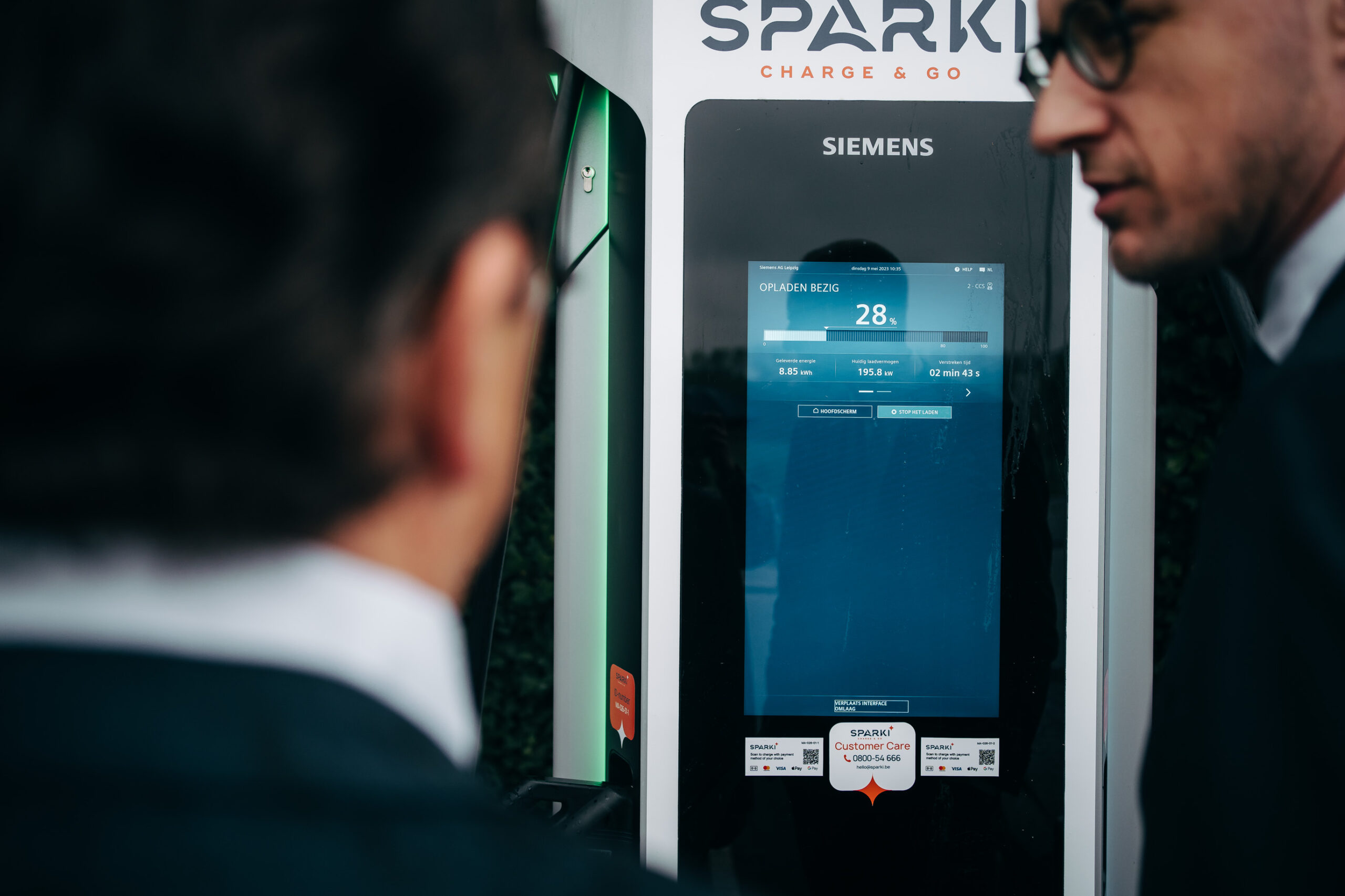
As from now EU charging points must display prices and allow bank cards

LCD displays are not obligatory, the pricing can be communicated by a QR code as well. /Sparki
Charging stations installed as of tomorrow must be in rule with Europe’s latest standards. Just like conventional fuel forecourts, they wi


Comments
Ready to join the conversation?
You must be an active subscriber to leave a comment.
Subscribe Today